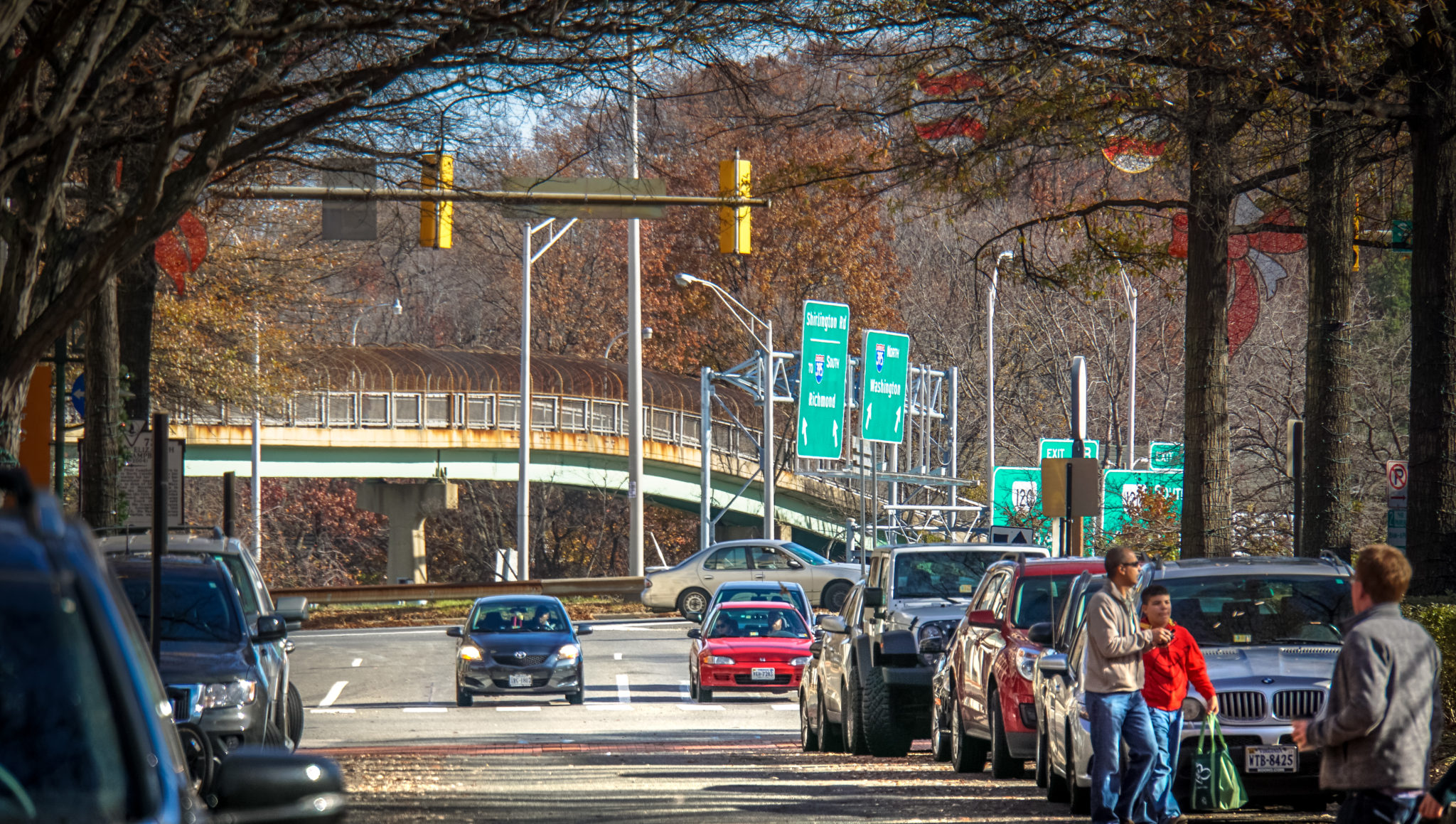First Take is a regular column by D.C. Policy Center Senior Fellow David Brunori.
At the Northern Virginia Transportation Commission meeting on May 4, there was much angst and anger over the idea of a regional sales tax to fund Metro. Some Northern Virginia political leaders are apparently dead set against a regional sale tax. Such a tax was proposed by Metro officials and supported by the District’s Chief Financial Officer Jeffrey DeWitt. I believe that a regional sales tax is an eminently good idea. I say that not because I support higher taxes – I generally don’t. But the regional sales tax is the only way to get the people who benefit from Metro to bear the costs.
The opposition to a regional sales tax seems to be based on the fact that Northern Virginians would pay about fifty one percent of the tax. The District, Montgomery, and Prince George’s would pay the rest. This Northern Virginia versus the rest of the metro area distinction is silly. There are seven separate jurisdictions in Northern Virginia, including the largest local government in the area – Fairfax County. What’s more there are just about as many Metro riders in Northern Virginia as there are in Maryland.
Of course more sales tax revenue will be raised in Northern Virginia than in the District or Maryland suburbs. There are more people and businesses in Northern Virginia. And it is those people and business that benefit from Metro. Northern Virginians should pay – and should pay relative to the benefits received. In combination with fares and federal government contributions a regional sales tax is the best way of doing that.
Some in Loudoun County oppose the regional tax because it will contribute 10 percent of the revenue and there is no Metro in the county yet. But the Metro is scheduled to open at Dulles Airport in 2020. And the county is already reaping the benefits from the coming Metro. Real estate values are rising and new businesses will be opening. Besides, Loudoun residents use the Metro.
Talk of regional tax collections inevitably lead to political confrontations. Such confrontations can be overcome by civic minded compromise. One compromise, for example, is to exclude Loudoun County from the tax until the Metro opens at Dulles. Fairfax Supervisor Sharon Bulova offered a suggestion worth considering: Ensure everyone agrees on what each jurisdiction’s contribution will be and leave it to the jurisdiction to figure out how to raise the revenue. That is a terrific idea if agreement can be reached on the contribution levels and the regions can credibly commit to implementing their own revenue raisers by a certain deadline. This could, however, be hard. A dedicated local sales tax circumvents the daunting task of pre-determining who should pay what. A regional tax would spread the burden more efficiently and equitably.
What is not helpful is parochial politics. As reported in the Washington Post, Delegate David LaRock from Loudoun County accused the District’s Chief Financial Officer Jeffrey DeWitt of trying to stick Northern Virginia with the bill for the District’s fiscal challenges. That is simply not true. The District’s fiscal situation has arguably never been better. The issues facing Metro are too important and require an understanding and appreciation of the contributions public transit makes to the entire area.
